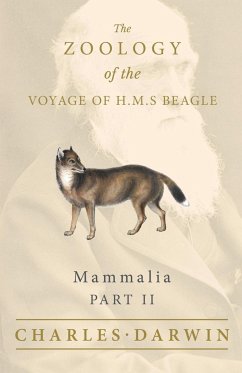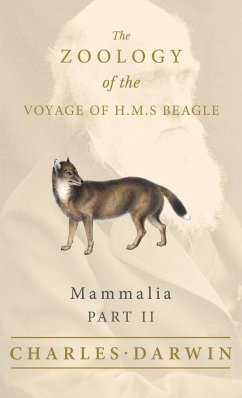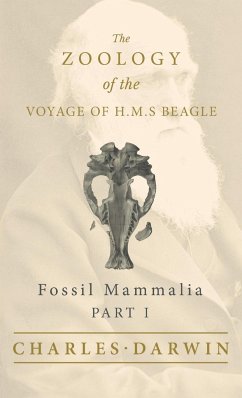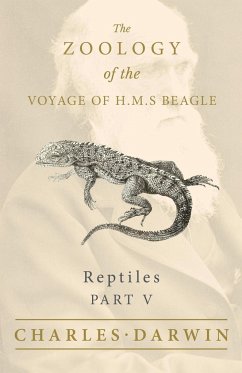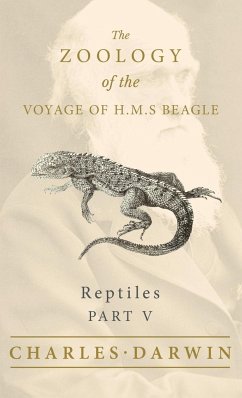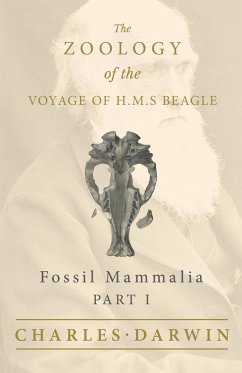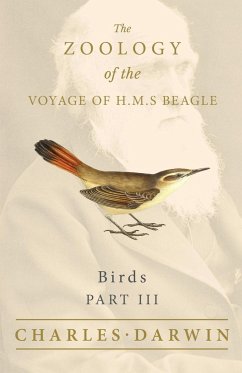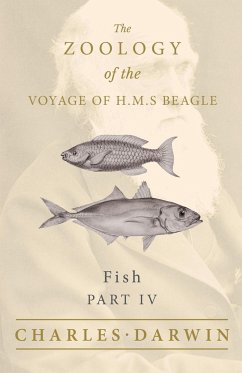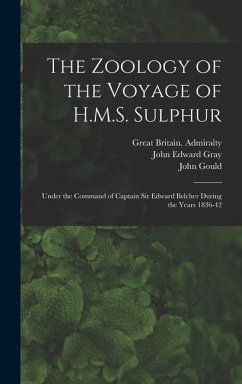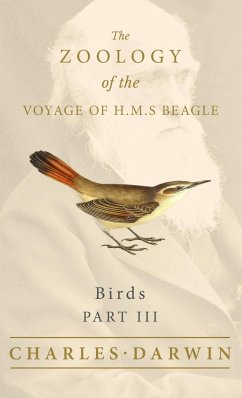
Birds - Part III - The Zoology of the Voyage of H.M.S Beagle

PAYBACK Punkte
14 °P sammeln!
This volume presents the definitive ornithological record from Charles Darwin's historic five-year voyage aboard H.M.S. Beagle (1832-1836). Birds, Part III of the authoritative Zoology series provides a meticulous and foundational account of the avian life collected and studied across the globe, with a focus on South America and the Pacific islands, including the Galapagos archipelago. This volume presents detailed scientific descriptions and classifications of the nearly 500 bird specimens Darwin amassed, including vultures, falcons, and numerous small Passerines. To complement the systematic...
This volume presents the definitive ornithological record from Charles Darwin's historic five-year voyage aboard H.M.S. Beagle (1832-1836). Birds, Part III of the authoritative Zoology series provides a meticulous and foundational account of the avian life collected and studied across the globe, with a focus on South America and the Pacific islands, including the Galapagos archipelago. This volume presents detailed scientific descriptions and classifications of the nearly 500 bird specimens Darwin amassed, including vultures, falcons, and numerous small Passerines. To complement the systematic taxonomy, Charles Darwin himself integrates essential material from his field research, providing extensive "Notices of their Habits and Ranges." Contents include: * Vulturidae * Cathartes Atratus * Cathartes Aura * Falconidae * Milvago, Spix * Milvago Pezoporos * Milvago Chimango * Milvago Leucurus * Milvagoi Albogularis, etc. These vital firsthand observations of distribution and behavior, such as the subtle yet crucial differences among island populations, formed the raw data that, upon his return to England, sparked Darwin's profound realisation of the mechanism of evolution. This volume stands as a beautiful and indispensable record of discovery, chronicling the very specimens that helped launch a scientific revolution.





